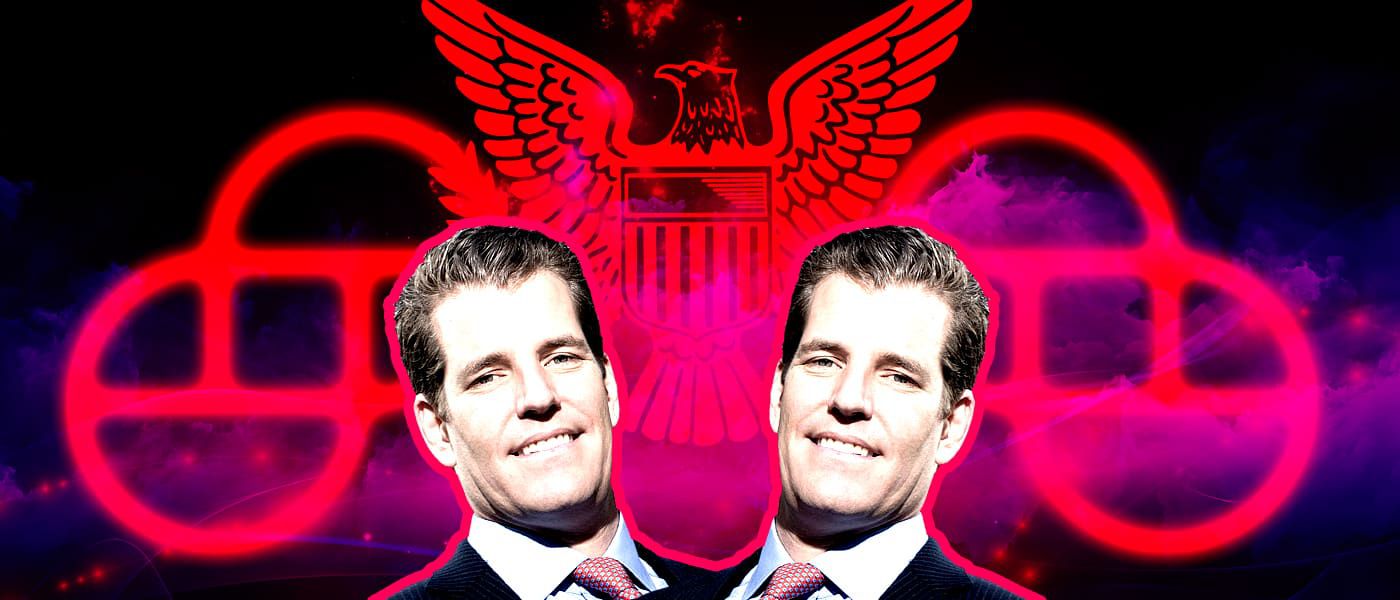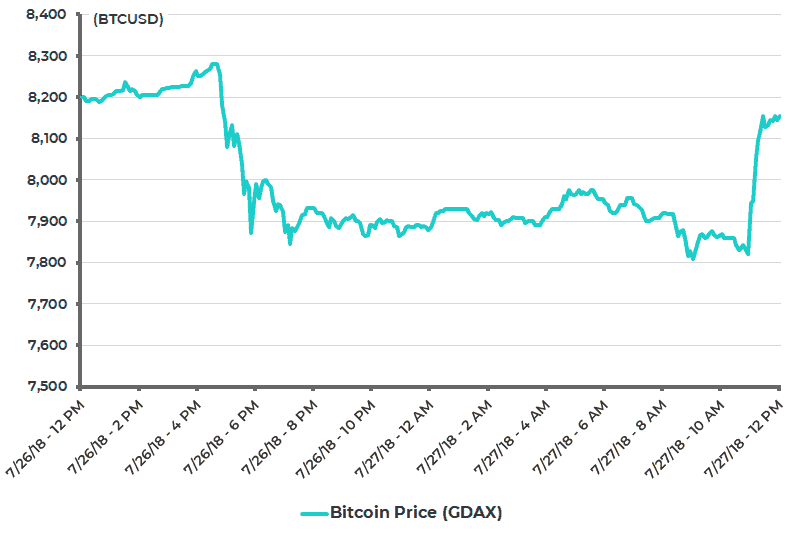
Yesterday, the US Securities and Exchange Commission (SEC) rejected the latest petition related to the Winklevoss twins' Bitcoin ETF (Exchange Traded Fund).
The proposal to list and trade shares of the Winklevoss Bitcoin Trust was initiated by the Bats Global Exchange (BZX) in June 2016 and was first rejected by the SEC in March 2017. The exchange shortly thereafter filed a petition for the proposal to be re-evaluated.
After review of BZX's petition the SEC yesterday also disapproved the petition primarily on the grounds that it would not be consistent with the rules to "prevent fraudulent and manipulative acts and practices" and "to protect investors and the public interest."
Concerns about Bitcoin Price Manipulation
One of the points of contention the SEC has with a Bitcoin ETF is that the price of Bitcoin is potentially subject to manipulation, which would be a violation of the Exchange Act. BZX argued in its petition against the original rejection that the "geographically diverse and continuous nature of bitcoin trading makes it difficult and prohibitively costly to manipulate the price of bitcoin".
However, the SEC clearly disagrees with that statement in its release and found that "the record before the Commission does not support such a conclusion".
Others clearly saw this decision coming given the concerns of other departments of the US government and active investigations around Bitcoin price manipulation.
https://twitter.com/KyleSamani/status/1020367139650396160
As news of the rejection broke yesterday, it is unlikely a coincidence that Bitcoin price took a tumble. However, as markets digested the news further today, as of time of publishing, Bitcoin has already nearly recovered all of those losses.
Bitcoin Price over the Past 24 Hours

All times Eastern; Data Source: https://bitcoincharts.com/
At Least One SEC Commissioner Thinks A Bitcoin ETF Should Go Ahead
However, not all at the SEC share the official opinion that BZX has failed to meet the burden of proof necessary to allow listing and trading of a Bitcoin ETF. In a formal dissent, SEC Commissioner Hester Pierce outlined her argument for why a Bitcoin ETF should be allowed.
Pierce, who was appointed to the SEC by President Trump at the beginning of the year, noted her concerns regarding the SEC overreaching in their decision. Pierce went on to outline why she thought it important that a Bitcoin ETF would be important:
The 'Winkleveii' have been working on a Bitcoin ETF for over 5 Years
This latest hurdle in the journey to get a Bitcoin ETF off the ground is nothing new for the Winklevoss twins. They first applied to the SEC for creation of an investment fund based on their Bitcoin Trust in July 2013.
The goal has always been to provide exposure to the emerging asset for a wider audience of investors.
The initial attempt was to list shares of the trust on the Nasdaq but after nearly 3 years of waiting for approval from the regulators, the listing was moved to the less prominent BZX exchange.
The appetite for a Bitcoin ETF and other securities to track the price of cryptocurrencies in general has been growing over time even despite the downturn in crypto prices since the Bitcoin peak in December of 2017. It seems clear that many, even those with deep pockets, see cryptocurrencies as a new asset class that is clearly differentiated and potentially uncorrelated to traditional markets.
New Crypto Securities are Coming, It's just a matter of Time
Providing exposure to this new breed of crypto assets to a broader market as well as to institutional investors is inevitable. Some at the SEC seem to understand this trend while others seem stuck in regulatory and bureaucratic limbo.
The prices of the crypto assets will remain in a 'hold my beer phase' until those stuck in limbo start paying attention to the innovation and positive disruption that crypto can provide.
Read the full article
